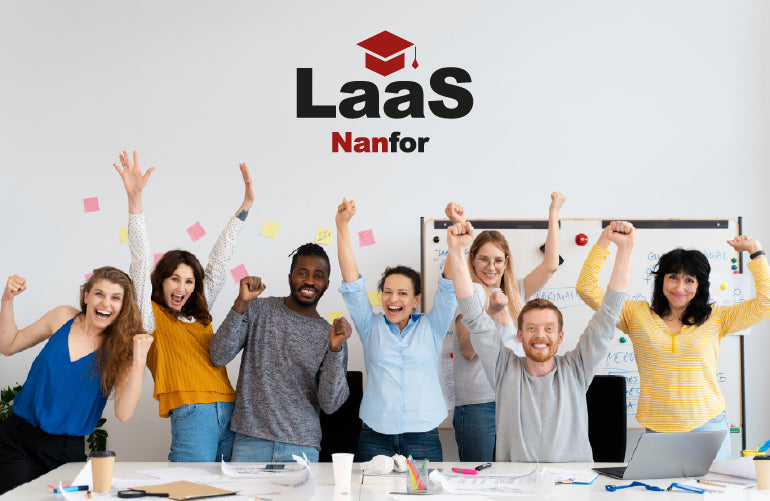💡 Did you know this course is included in LaaS Cert?
Take this course and many more with our LaaS Cert annual license . Unlimited training for only €1,295!
✅ Microsoft, Linux-LPI, SCRUM, ITIL and Nanfor technical courses
✅ Personalized support always by your side
✅ 100% online, official and updated





